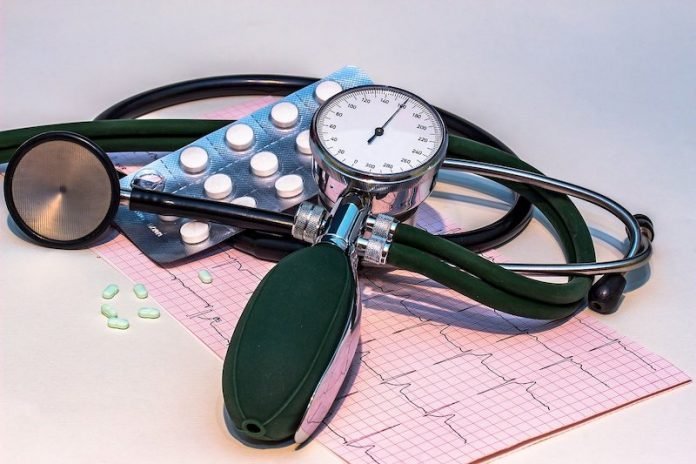
In a recent study published in Stroke, researchers found that propranolol, a drug used to treat high blood pressure, can also be used to treat cerebral cavernous malformations, a condition with misshapen blood vessels in the brain.
The study is from Uppsala University. One author is Peetra Magnusson.
Cerebral cavernous malformations (CCMs, also called cavernous angiomas or cavernomas) are vascular lesions on blood vessels in the brain caused by genetic changes.
Today, an operation to remove these lesions is the only possible treatment. However, surgical interventions in the brain are highly risky.
The uses of propranolol, a beta-blocker, include treating heart diseases and conditions such as high blood pressure.
But it can also be used to treat a haemangioma (“strawberry naevus”), a common blood-vessel malformation in children. There are some indications that the preparation might work against CCMs as well.
In the study, the team examined how propranolol affects the emergence of vascular lesions in the form of CCMs.
They tested mice with vascular malformations in the brain that corresponded to the hereditary form of the condition in humans.
The mice were given propranolol in their drinking water, and the researchers were able to see that the cavernomas were becoming fewer and smaller.
The blood vessels functioned better, too, with less leaking and improved contacts between their cells. The propranolol dose administered to the animals was equivalent to the dose used to treat diseases in humans.
The findings suggest that propranolol can be used to shrink and stabilize vascular lesions, and maybe a potential medicine for treating CCMs.
If you care about blood pressure health, please read studies about these two teas may help reduce high blood pressure and findings of common high blood pressure drugs may contribute to sleep loss.
For more information about blood pressure and your health, please see recent studies about which blood pressure number matters most? The answer might depend on your age and results showing that independent of cholesterol, this can raise risk of heart disease, high blood pressure.
Copyright © 2021 Knowridge Science Report. All rights reserved.



